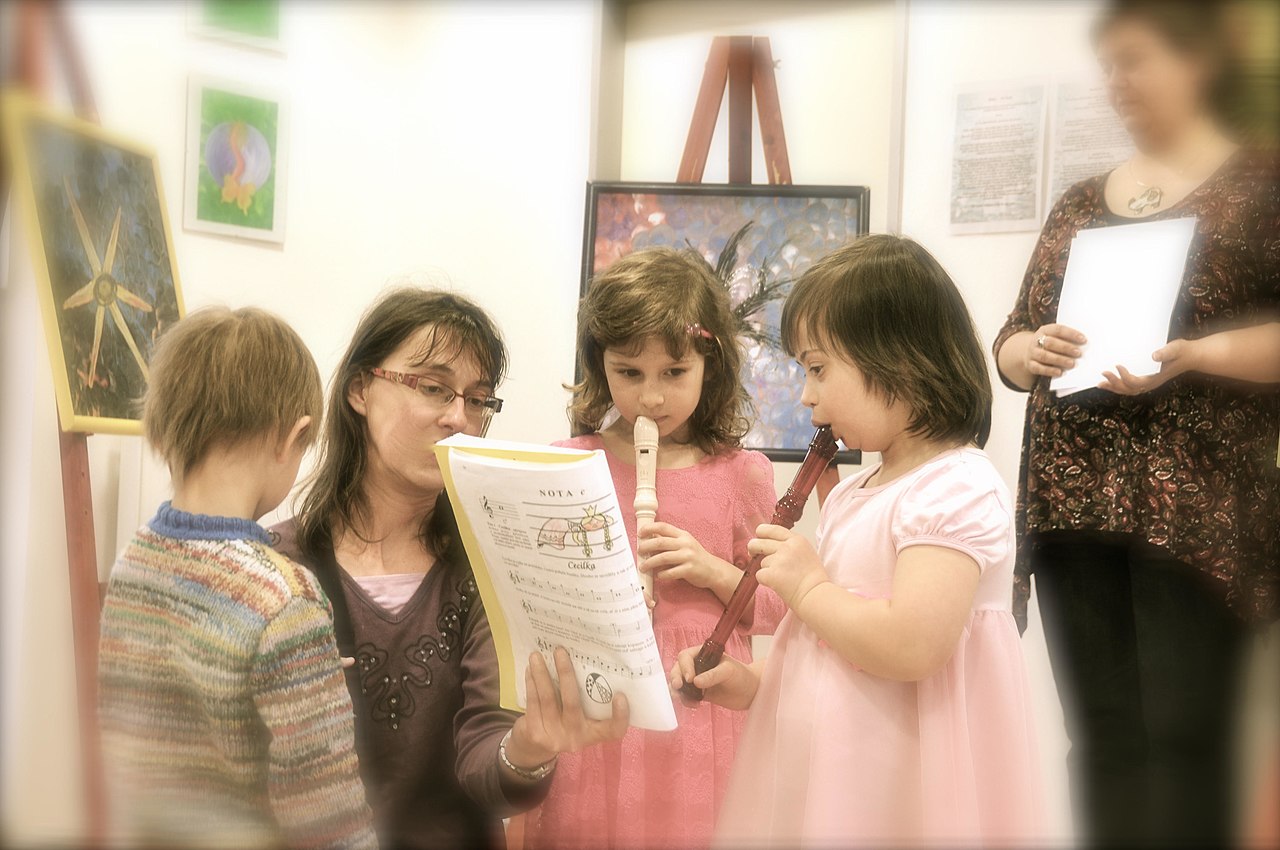A Common Question We Get From Parents About Reading Concerns
“My child taught himself to read at the age of 4. He’s now 9-years old and reading at a high school level, but I think he may have a reading problem because he has to read the same chapter over 3 or 4 times before he really understands it. Should I have him tested for dyslexia?”
~ “Carol”, Silver Spring Homeschooling Mom
First, “dyslexia” is an umbrella term used to quickly reference a variety of reading problems. Generally, dyslexia causes one of three types of reading problems in children.
- Phonological Deficit, or the inability to correctly associate sounds with letter combinations.
- Rapid Naming Deficit, or the inability to quickly and accurately identify sounds and string them together into words.
- Double deficit, a combination of both of the first two types of reading problems.
Reading disabilities clearly impact reading comprehension. However, problems with reading comprehension do not necessarily mean that a child has dyslexia.
Before any parent in this situation spends hundreds of dollars to have their child tested for a reading disability, they can answer a few questions at home first.
- Did your child receive formal and direct phonics instruction?
- Listen to your child read out loud. Can she read smoothly and easily –
- Simple C-V-C and C-V-Ce words, such as “can” and “cane”
- Controlled-R words, such as “farm” or “story”
- Dipthongs (ex-au/aw), such as “cause” or “few”
- Longer syllable words, such as “apartment” or “beautiful”
- Sight words, such as “what”
- Have you recently had your child’s vision and hearing checked?
- What type of comprehension problems is your child experiencing? For example, can he remember basic facts at the end of a chapter, but not at the beginning?
It’s not possible to say a child has a learning disability without completing a comprehensive evaluation. However, if Carol answers “yes” to the first three questions, dyslexia is not as likely the cause of the problem.
Parents generally become quite pleased when their young child somehow teaches themselves to read. Embracing their child’s newfound skill, parents enthusiastically seek out easy readers, Dr. Seuss, and early chapter books to help improve their child’s emerging literacy.
But, oftentimes, parents forget that learning to read also requires teaching a child how to comprehend what they are able to read. Just because a child can read at the high school level at 6 year of age doesn’t mean the child actually “gets” everything they read.
As Carol takes another look at her child’s reading abilities, she may want to consider the different levels of comprehension. Younger children, particularly bright ones, can answer literal comprehension questions with ease. Interpretive questions take practice, as a child learns to take risks with answering questions on their own. Applied comprehension questions utilize the highest order of thinking skills. These questions generally do not have a right or wrong answer to them, as long as a child can back up their answer with a logical explanation.
Early readers who are capable of reading 3 or more years ahead of their typical grade level do not usually wind up with a dyslexia diagnosis. Instead, these children usually need one – six months of direct instruction in reading comprehension skills so they can learn how to glean information from the books they read.
Last modified on September 3, 2023




